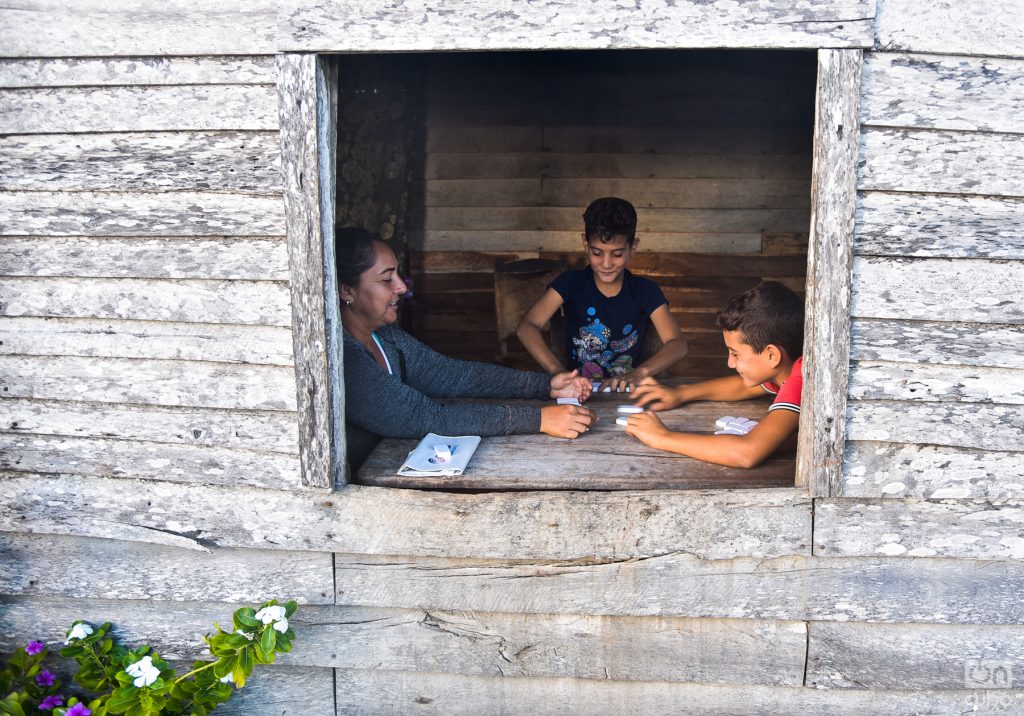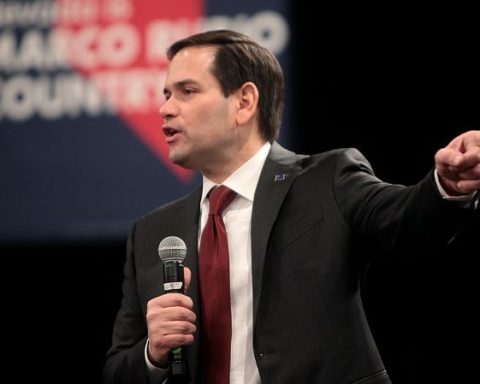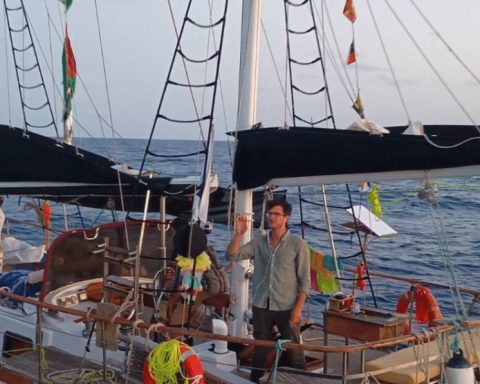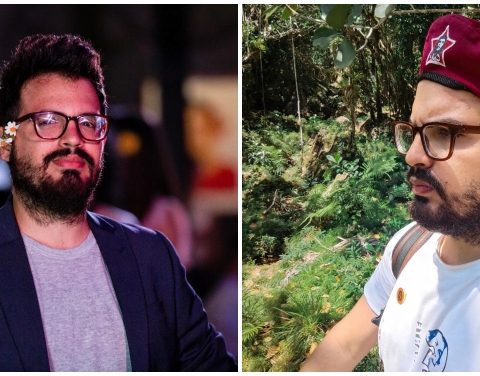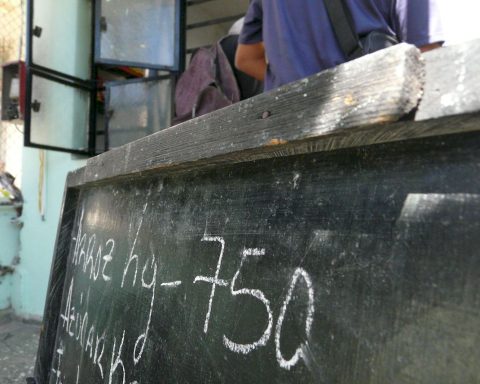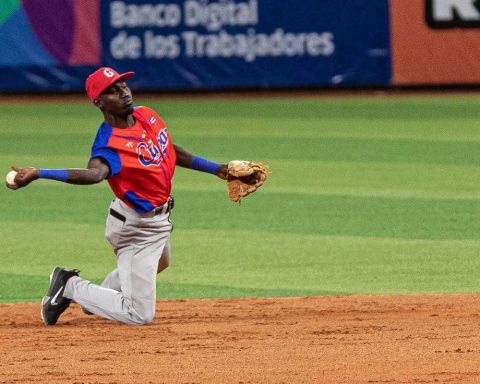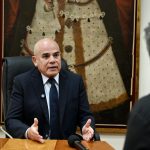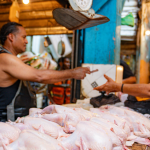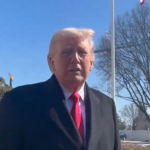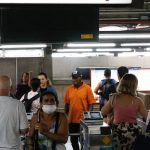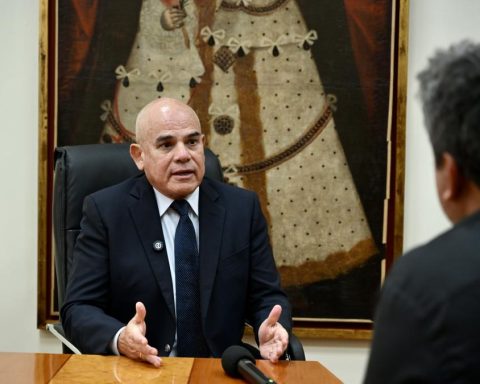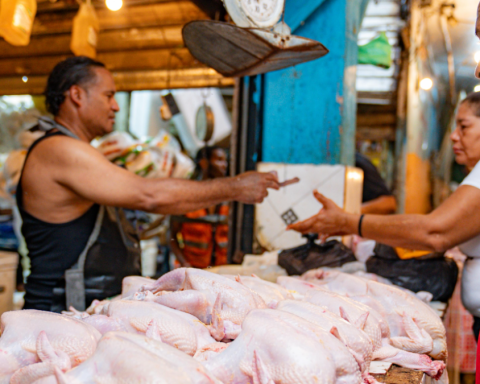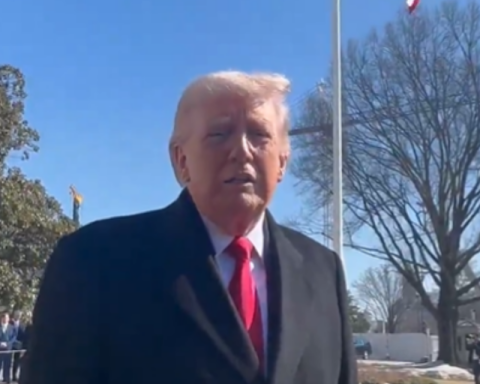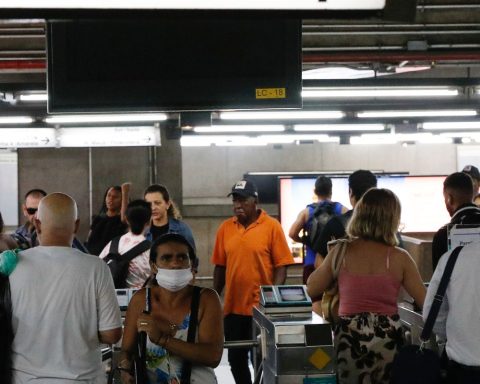Cuba is, by far, a different country than it was five years ago. Various data support this statement. Among the most significant is the plurality of visions and political positions, especially the ways in which they are organized and manifested.
The families code It has shown, throughout its process of formation and debate, as well as its background, a string of evidence of the political moment that the country is experiencing. It has been a turning point for the political and legal culture of the Island. Public, open, notorious and clearly contrary campaigns regarding Yes or No were something unthinkable (although desired) a few years ago.
Recent days have been a heyday of declarations, messages, slogans, a race to move the interest of that group of undecided voters. The poles that contend for the referendum have the common strategy that people go to the polls and vote, that is, that the battle is not defined by abstention or canceled ballots.
At the polls, the regulatory counterpoint that began in 2018 is closed when the then constitutional project. The controversial Article 68 was a kind of divider in Cuban society, and to a large extent an excessive distraction with respect to other, much more transcendent, issues that that project wielded. The modification of that article, or not, by the drafting commission after the popular consultation, was the most widely expected issue at that time.
Article 68, in the wording that stated that marriage is the consensual union between two people, was eliminated. However, a chapter on family law was added. In it were contained, and then endorsed in the popular vote approving the new Constitution, the main precepts on this subject that, two years later, were elaborated on in the proposal for the Family Code.
Although the so-called same-sex marriage jumped again to the center of the controversies, other topics were generating tension, such as parental authority, progressive autonomy, solidary gestation and adoption by same-sex couples. Those counterpoints of 2018 and 2019 returned with greater vigor, with more arguments, more organization of the contending groups and tendencies, greater political pressure in the public space, even with hate messages as an extreme manifestation of the dispute in question.
This Sunday we will vote for a Code that, among its values, has made us reflect, discuss, characterize, propose on many topics and approaches. This time has put on the table, beyond equal marriage, issues such as the Secular State, the right to have rights, the relationship between faith and politics, the conservatism that survives in Cuban society, among others.
The truth is that we have before us a referendum that, regardless of its results, will leave important signs, data of the really existing society. It will leave the need to deepen the analysis of what has happened up to now and the gathering of political, legal, educational and pedagogical lessons for after the vote. It will leave a more complete reading of the political forces and trends that shape us and the development paradigms, including human rights, that give content to their political narratives.
In the immediate term, it is up to us to go to the polls, in full exercise of our sovereignty, to vote directly, freely and secretly for the new Family Code. We will be able to say, Yes or No, at that precise minute in which each and every one of us will take our consciences, our sense of justice, and the accumulated cultural, moral and political precepts that will lead us to mark in a square or in the other.
However, it would seem, at this point in the game, that on September 25 we will have two different referendums. For many people it is clear that this day is the opportunity to approve or not a specific code, with specific content, based on the ways in which we organize, recognize and protect the plurality of families that we are, the different conditions in which they are develop and the variety of subjects that constitute them.
On the other hand, it would seem that we are facing a plebiscite referring to the situation of the country, to the management of the economy, the electrical situation, the shortage of bread, deficit transportation, high prices, and a long etcetera. It would seem that we are facing the possibility of a “punishment vote” due to the complex situation in the country.
This approach, which has been gaining strength in recent days, has at least two analytical perspectives. On the one hand, it is directed by opposition forces that are opposed to everything that comes from the Cuban government and its institutions, whatever arguments they use, whatever the issue may be, regardless of the progress it shows, even in the area of human rights. humans. Organized and conscious forces with a clear political agenda that does not contemplate even a small area of possible dialogue.
On the other hand, there are people certainly overwhelmed by the tense and prolonged situation of daily crisis. Who see the referendum as an opportunity to reiterate, in another way, and in another space, the disagreement with the growing deterioration in the quality of life of Cuban men and women. This posture, understandable and even legitimate, allows us to intuit potentialities for dialogue.
What I intend to mean by this potential referendum de facto it is that their motives, intentions, meanings and impulses are not homogeneous. This complicates the circumstances in which we will vote on the Code and enriches the understanding of the society that we are and the tensions that describe it.
Faced with the idea, also in circulation, that it was not the time to enroll in this fight, I consider that at any time it occurred, so many or more edges of analysis and interpretations would come to light. The central issue here, and the Code process is just a catalyst (an important catalyst), I repeat, is that Cuban society is not the same as it was five years ago. The way in which issues such as rights, faith and politics interact are different in their content, in their manifestations; the dynamics and characteristics of the social actors that combine them also differ.
Those of us who are committed to a country of justice, equity, dignity, rights and sovereignty, have in the Code a tremendous opportunity to push for a better social order; even though the vote will not solve the problem of electricity, bread, transportation, inflation and other tensions. It is the opportunity that, also those who live dissatisfaction in the key of breaking with all established order, vote positively for a better country area.
The Code has, among others, an essential value, it does not deny any right, rather it expands rights. Announcing higher quality legal, moral and model conditions for family coexistence is an important push that we can give, among all of us, in the midst of the crisis we are experiencing. It would not be fair, nor wise, to close the doors to the rights and values that the Code announces, to wield disagreement with the prolonged situation of crisis.
At the gate of the electoral college we will have, as sovereigns, two possible paths: vote Yes, and have more favorable conditions (legal and moral) for the development of our families when we get out of the quagmire in which we live; or vote NO, and get out of the crisis (because at some point we will get out) with the historical debt of continuing in the battle for the rights that we have the possibility of endorsing today.
In the midst of the complex, tense and defining situation in which we live, I trust in popular wisdom, in the spirit of justice that we carry as a people. I firmly believe in the gift of discernment as an exercise of the political will of our people who, without neglecting their disagreements, their areas of despair, their daily exhaustion, will vote Yes for the families that support the struggle to overcome the crisis and produce a country of more justice, prosperity, bread and beauty.
